To provide the best experiences, we use technologies like cookies to store and/or access device information. Consenting to these technologies will allow us to process data such as browsing behaviour or unique IDs on this site. Not consenting or withdrawing consent, may adversely affect certain features and functions.
The technical storage or access is strictly necessary for the legitimate purpose of enabling the use of a specific service explicitly requested by the subscriber or user, or for the sole purpose of carrying out the transmission of a communication over an electronic communications network.
The technical storage or access is necessary for the legitimate purpose of storing preferences that are not requested by the subscriber or user.
The technical storage or access that is used exclusively for statistical purposes.
The technical storage or access that is used exclusively for anonymous statistical purposes. Without a subpoena, voluntary compliance on the part of your Internet Service Provider, or additional records from a third party, information stored or retrieved for this purpose alone cannot usually be used to identify you.
The technical storage or access is required to create user profiles to send advertising, or to track the user on a website or across several websites for similar marketing purposes.
 Technology has transformed our personal relationships by making communication more accessible than ever before. But, are we implementing best practices to ensure a positive and sustainable relationship with our technological devices? In today’s digital age, screens have become an integral part of our daily lives. From smartphones and tablets to laptops and televisions, we are surrounded by screens at every turn. With the rise of remote work and online learning, our screen time has skyrocketed to unprecedented levels. (more…)
Technology has transformed our personal relationships by making communication more accessible than ever before. But, are we implementing best practices to ensure a positive and sustainable relationship with our technological devices? In today’s digital age, screens have become an integral part of our daily lives. From smartphones and tablets to laptops and televisions, we are surrounded by screens at every turn. With the rise of remote work and online learning, our screen time has skyrocketed to unprecedented levels. (more…)









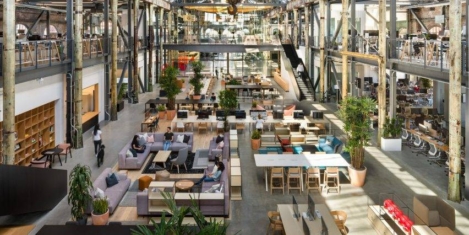
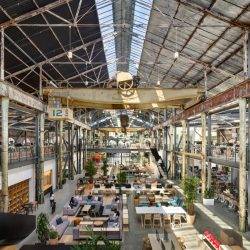
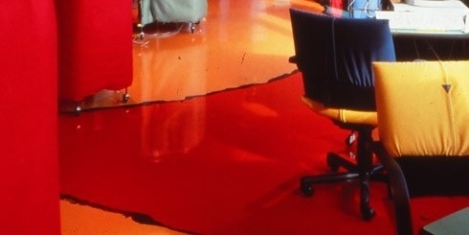
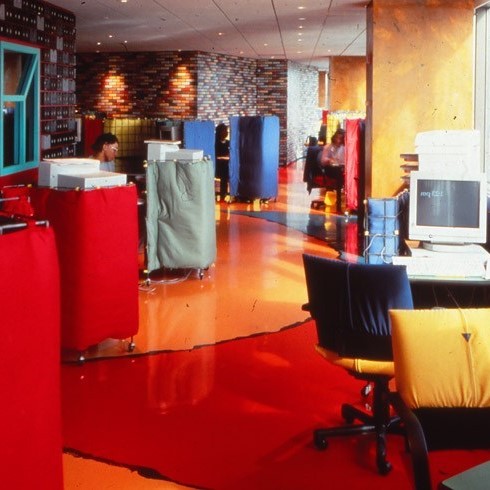









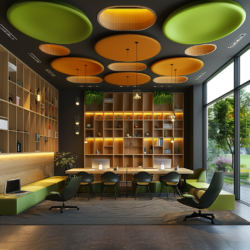











April 18, 2024
A look back at The Stoddart Review: the once and future guide to workplace productivity?
by Rachel Houghton • Comment, Workplace design